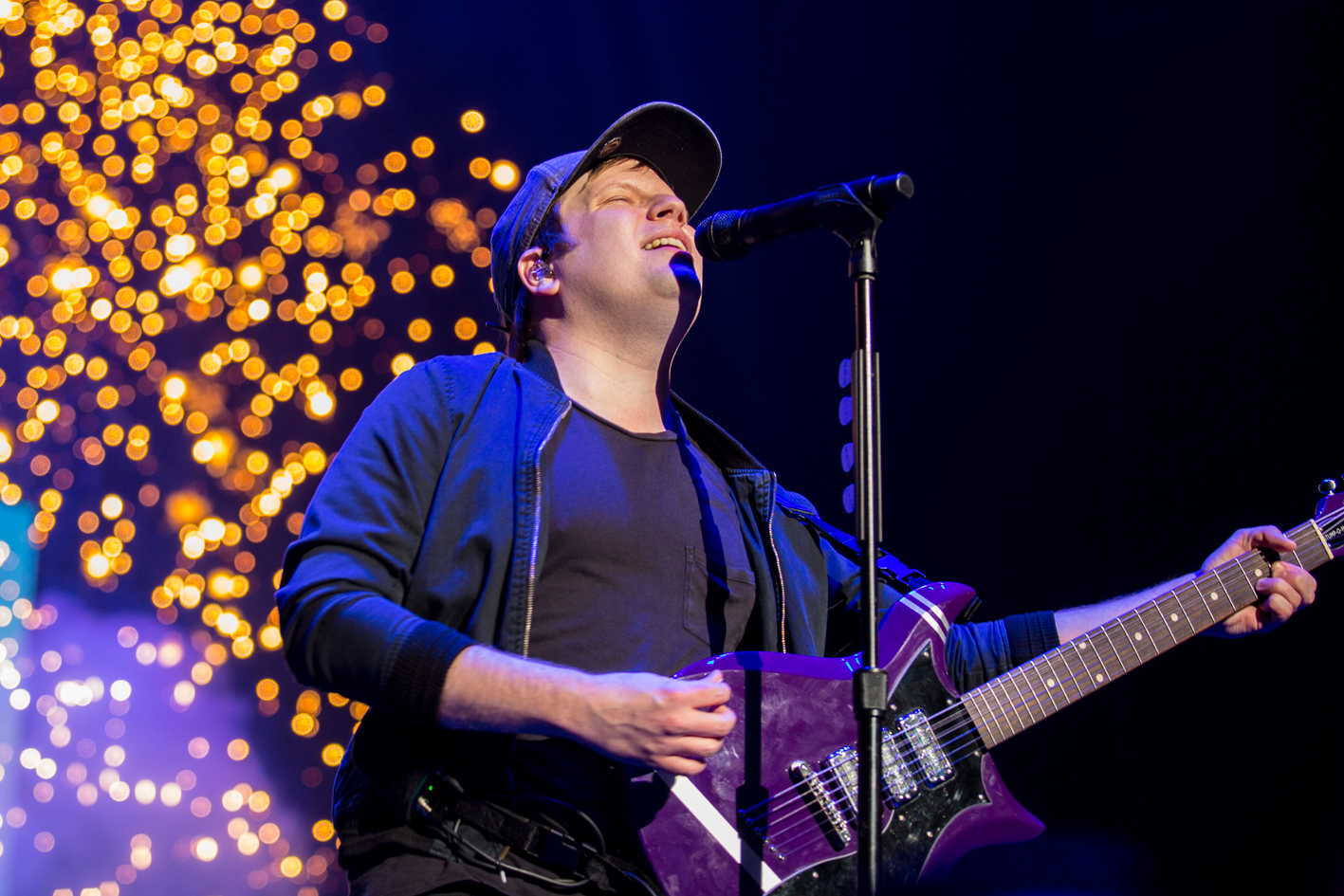“I use my craft to empower everyone to tap into their divine femininity, and to develop a sense of empathy, awareness, accountability, in this life that we’ve been given.”
Though her ideas are broad and at times abstract, Jojo Abot is nothing if not sincere. Talking of the spirituality of her art, her commitment to empowering an audience, and the power of femininity, not once does she come across as saccharine.
Born in Ghana, the multidisciplinary artist expresses herself across a wide range of platforms, using film, photography, performance art, and music to articulate herself as an artist and creator.
Her work in the world of music has been described as a blend of everything from electronica and afrobeat to house, but these are all terms that Abot refuses to associate with her sound. The idea of a genre, or even referring to her creation as art in the strictest sense, to her, is limiting.
Abot’s music is particularly engaging, not only as a result of the almost hypnotic sonic landscapes, but the mixture of languages. As she sings, she combines English and Ewe, with a constant natural flow, and no barrier between the two tongues.
“It comes back to the idea of authenticity. There are some things that can only be expressed in Ewe, so it’s really about a commitment to the message, rather than the language. And Ibelieve that if the message is clear, no matter what language it’s in, people will understand.”
Authenticity is a word that passes through Abot’s lips often. Her art, at its most basic form, is the pursuit of truth. Her own personal truth, and acknowledging the truth of the world around her.
“I think I’m still finding my sound, but for me the process of creation is about being authentic to what I personally like and what I’m drawn to sonically and spiritually, rather than trying to fit into any established system or grid when it comes to what music should sound like,” Abot says.
After co-producing her debut EP, Fyfya Woto, she chose to go it alone in the producer role the second time around. Taking a DIY approach, she produced and recorded NGIWUNKULUNKULU in her bedroom using her own computer, a contrast to the studio recording of her first release.
“As far as a producer, or how my productions go, I never think in genres and styles, I’m more of a ‘discover’ type of person. Discover nuances and quirks. I just like to exist, and create a space for absolute existence without compromise. My songwriting, my expression through music, is one that is still evolving. I record on my phone. I’m really just trying to give
myself a greater sense of trust as far as my creation is concerned,” Abot says.
Abot constantly strives for her authenticity to extend beyond her sound. She has described NGIWUNKULUNKULU as an “expression of anger towards the white man,” something that developed fresh within her after her move to South Africa. Having spent her time prior living between Ghana, Copengahen, and the United States, the approach towards her black skin
in South Africa was a shock to her system.
“As a black body existing in different spaces of provocation, coming to South Africa and having to deal with blackness all over again within a different context was overwhelming, but also frustrating. For me the common denominator was this idea of whiteness, and the privilege of whiteness, and gross inequality.
“In South Africa, I felt it was especially disappointing. But I also found myself being in a space of no tolerance, in a way that I don’t get to that extreme in say, Ghana, or the US.
NGIWUNKULUNKULU was a direct expression of those emotions. “People’s reaction to my existence showed me there was something wrong with the world,” Abot says.
“It makes you realise that a lot of these things are taught. It’s based on dinner table conversations, where parents reinforce these ideas of superiority, inequality and injustice. It’s passed on from parent to child, the child grows older and passes it on to their child without a sense of accountability. That’s someone being crazy enough to think that they’re better than me, that they can treat me however they want. I have no tolerance for that.”
Alongside having zero tolerance for inequality, Abot is fearless in her passion for empowering all expressions of gender. “I think that being a woman gives me a sense of privilege and perspective to speak on women’s issues. However, much like most things, I consider gender to not be defined by our physical attributes,” Abot says.
“The very core of femininity is much deeper than the physical expression of femininity. To me, the divine feminine is fierce love, it’s protection, it’s birth, it’s life, it’s community, it’s healing, it’s purity. And an expression of that, it may come off as vulnerability, or an openness to love that may not come across as being attributed to men. So in that sense, femininity becomes more of an expression or a way of life, or a spiritual awareness, or an emotional awareness, and goes beyond the physical. You realise it’s something that can actually be nurtured and fostered in anyone.”
Though she acknowledges a certain level of accessibility is necessary to reach an audience at all, authenticity and encouraging growth for her audience remain the primary driving forces behind her work.
“It’s not just music. Music sounds like something that’s designed for entertainment, for your pleasure. We don’t get enough music that yanks us out of our reality, and challenges us to be more. My work is a lot more invasive. It’s spirit, it’s frequency, it’s energy,” Abot says.
If this still feels abstract, then as far as Abot is concerned, she’s doing her job right.







